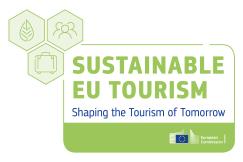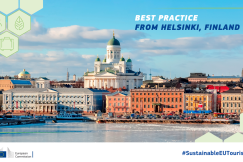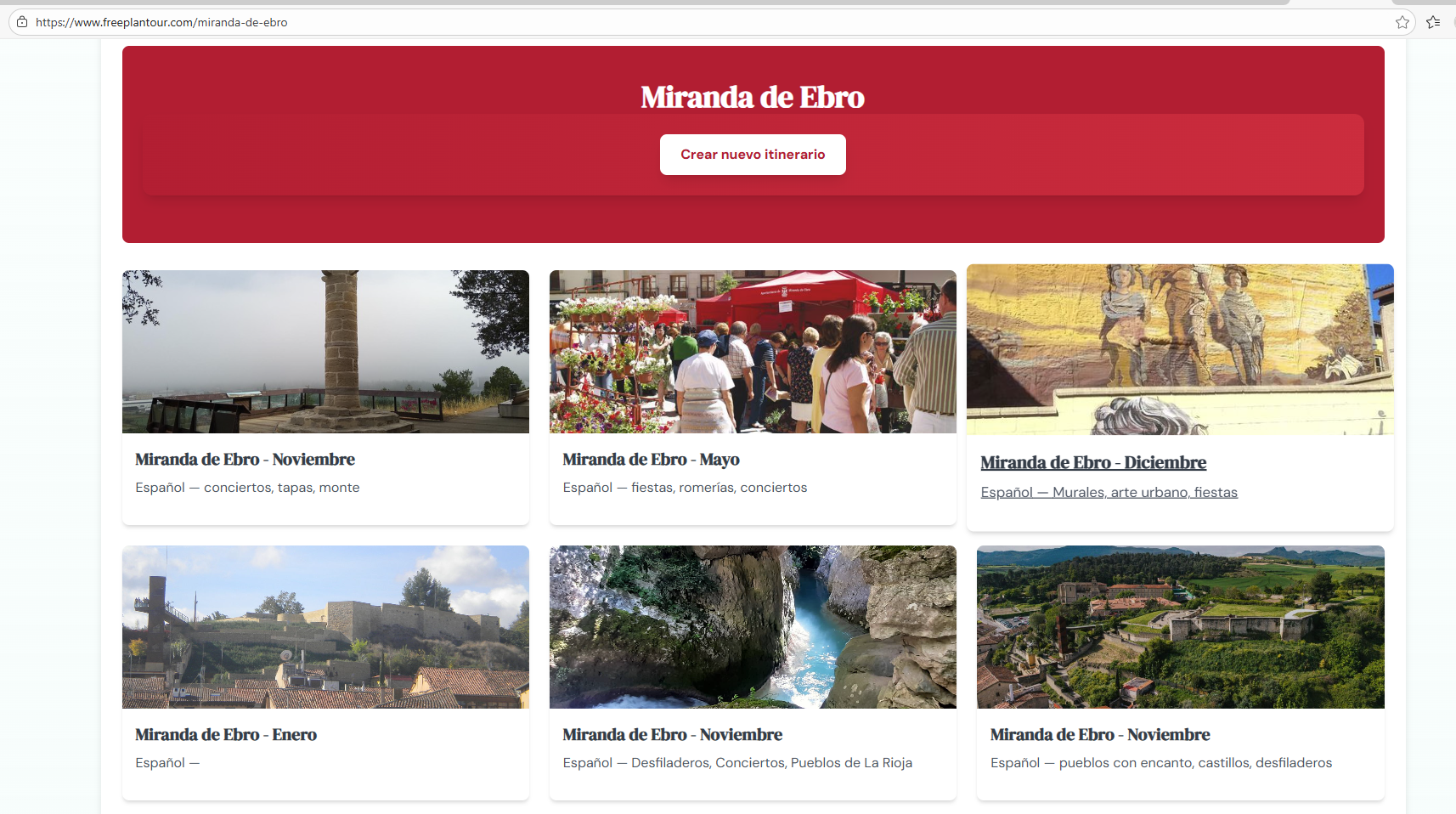Best practices
31 July 2025
Sustainable EU Tourism project - best practice: Copenhagen
Best practices
31 July 2025
Coastal, maritime and inland water tourism
Cultural tourism
MICE tourism
+4 more
Login / create an account to be able to react
-
294

Copenhagen, Denmark, is proactively shaping a sustainable tourism future by inviting visitors to be part of their sustainability actions. Tourists are encouraged to adopt the city’s climate-friendly lifestyle, with creative and engaging campaigns making sustainable choices both easy and enjoyable.
Sustainable EU Tourism project
Topics
Denmark
Destination Management & Marketing Organisations
-
Specific types of tourism
-
-
Coastal, maritime and inland water tourism
-
Cultural tourism
-
MICE tourism
-
Urban/city tourism
-
-
Transition Pathway Strategic Areas
-
-
Best practices, peer learning and networking
-
Changes in tourism demand and opportunities
-
-
Business activities
-
-
Other
-
Share
Copenhagen, Denmark, has been recognised as a best practice by the Sustainable EU Tourism project for successfully fostering environmentally conscious visitor behaviour through strategic and creative initiatives that align tourism with the city’s long-term climate goals.
Between 2021 and 2024, the city implemented forward-thinking solutions to guide future tourism growth and reduce overcrowding. Key actions included the launch of campaigns like The Sustainable Choice CPH, encouraging visitors to make greener decisions, and the adoption of The Planet Copenhagen Manifesto, outlining the city’s ambition for global leadership in sustainable tourism.
Incentive-based programmes such as CopenPay rewarded sustainable actions with perks like free coffee or museum entries. Meanwhile, tools like the Sustainability Guide 2.0 and initiatives such as the Copenhagen Legacy Lab ensured that events and business tourism contribute positively to the sustainability transition.
Through a coordinated approach involving Visit Copenhagen, local authorities, and industry stakeholders, Copenhagen has succeeded in managing visitor flows while promoting long-term value for residents and tourists alike. The city’s holistic strategy serves as a powerful example of how destination management can drive systemic change in tourism practices.
For more details on the key challenges the destination has faced, and the solutions implemented to address them, please refer to the attached document.
Documents
Comments (0)
Related content
See also
Sustainable EU Tourism - Key challenges and best practices
- Categories
- Coastal, maritime and inland water tourism Cultural tourism Ecotourism +64 more
Crisis Management and Governance in Tourism project: National Tourism Organisation of a Southern European Country
- Categories
- Coastal, maritime and inland water tourism Cultural tourism Ecotourism +19 more
Platform for creating accessible and multilingual itineraries with voice assistant
- Categories
- Coastal, maritime and inland water tourism Cultural tourism Ecotourism +64 more






